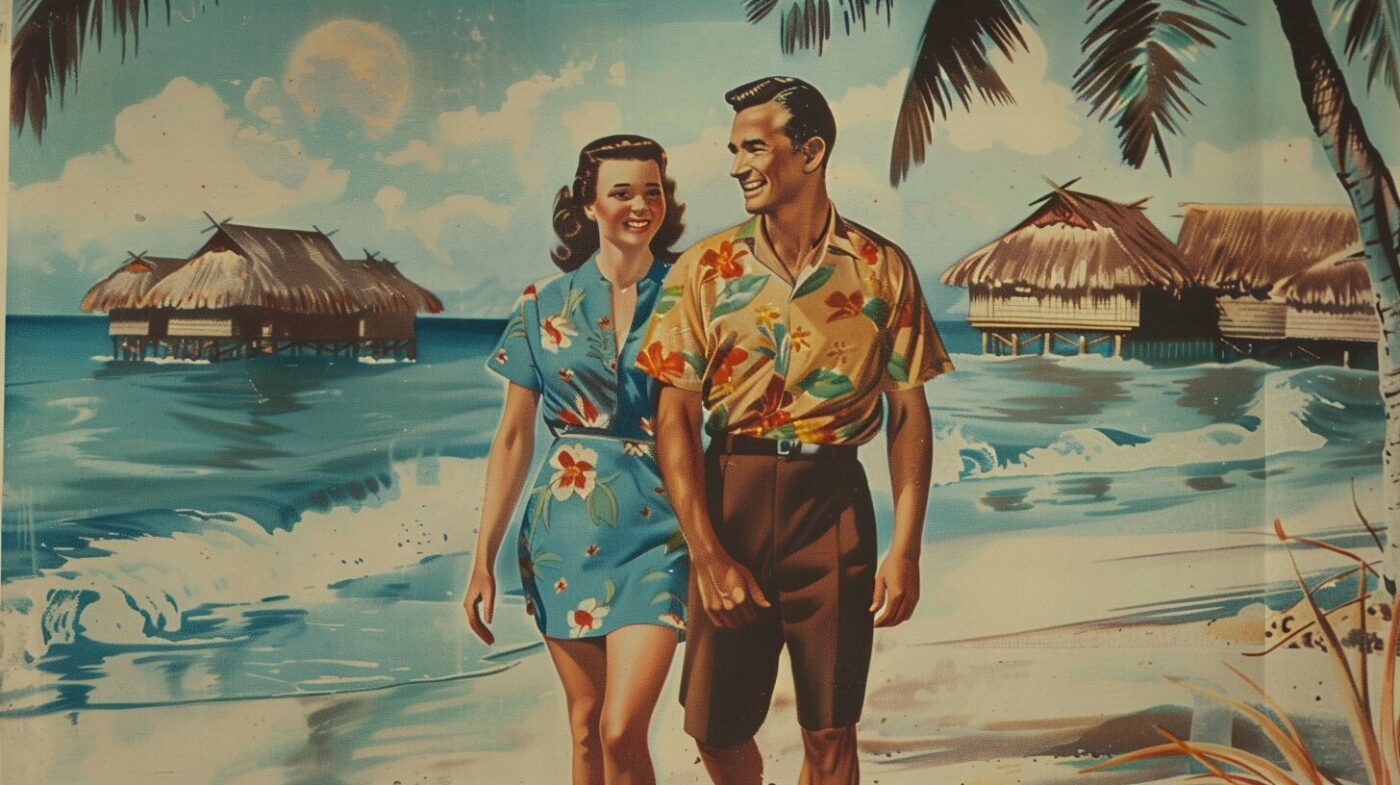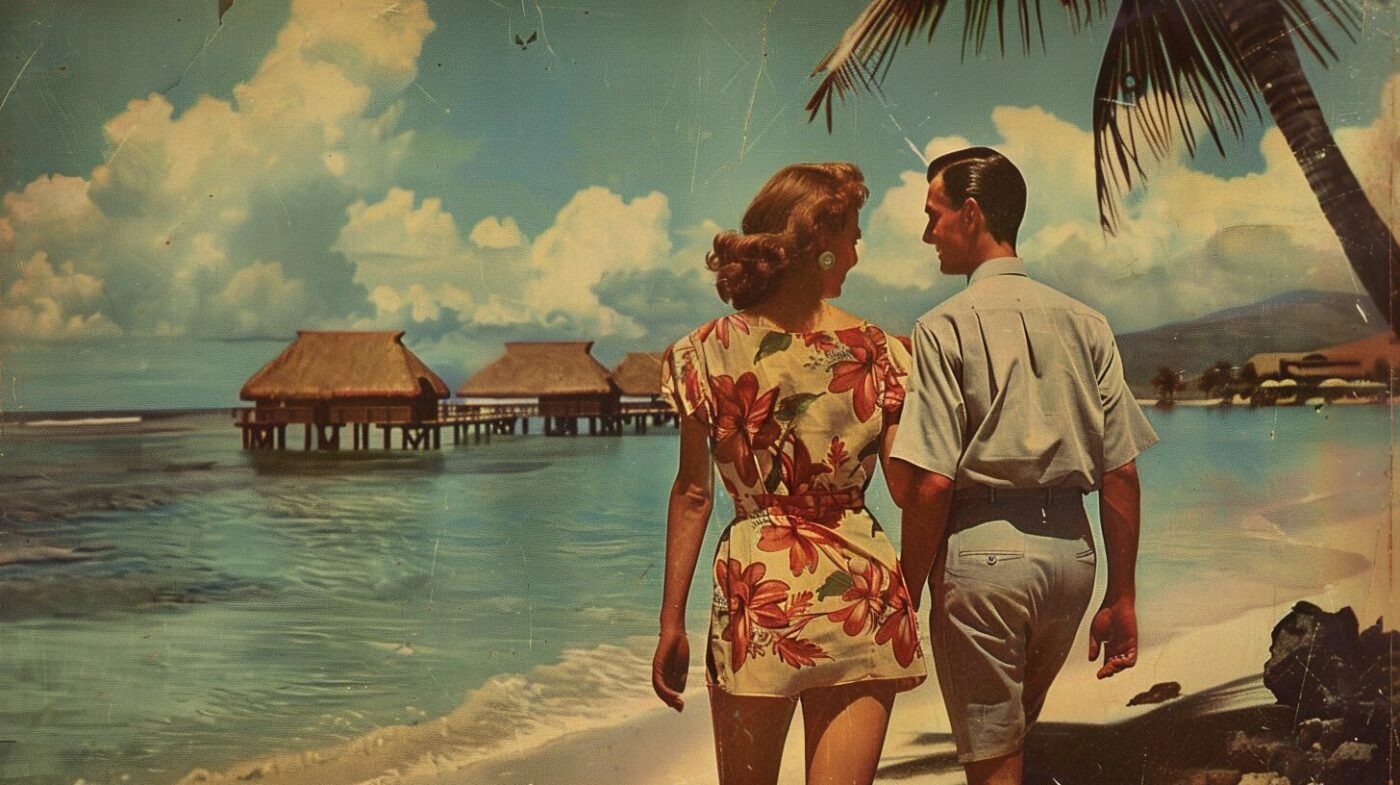Hawaiian shirts, also known as Aloha shirts, are more than just casual wear; they are a vivid narrative of the cultural interchange between the West and the Pacific Islands. The journey of these garments from traditional Polynesian attire to worldwide popularity encapsulates a rich history of cultural expression and adaptation.
Origins and Symbolism of Hawaiian Shirts
Hawaiian shirts originated from the early interactions between the native populations of Hawaii and the Western world. Traditional Polynesian tapa cloth, made from bark and decorated with geometric and natural designs, was an early influence. As Westerners settled and missionaries arrived in the islands, clothing styles evolved. The Western-style clothing merged with the indigenous patterns and motifs that reflected the local flora, fauna, and culture, giving birth to the Aloha shirt.

The patterns on Hawaiian shirts often hold significant meaning, incorporating elements sacred to the Hawaiian and Polynesian cultures. Symbols of hospitality, such as the pineapple, or native flora and fauna, feature prominently. These designs not only represent the natural beauty of the islands but also convey a sense of respect and reverence for nature, which is a core aspect of Polynesian spirituality.
Popularization and Evolution of Hawaiian Shirts
The popularization of Hawaiian shirts can be traced back to the early 20th century when tailors in Hawaii, such as Ellery Chun of King-Smith Clothiers and Musa-Shiya the Shirtmaker, began producing shirts from Japanese yukata cloth. These garments quickly became popular among locals and visiting tourists for their comfort and unique style, which captured the casual, leisurely lifestyle of Hawaii.

In the decades following, as travel to Hawaii became more accessible, the demand for these colorful shirts soared. They became a staple of tourist attire, embodying the essence of an exotic vacation. Hollywood films and celebrities of the 1940s and 1950s, such as Elvis Presley and Bing Crosby, further popularized the style, embedding Hawaiian shirts in American pop culture.
Contemporary Significance of Tropical Shirts
Today, Hawaiian shirts are worn globally and are synonymous with relaxation and vacation. They have been embraced by various fashion subcultures and occasionally reinvented by high-fashion designers who draw on their rich history and distinctive patterns. The shirts continue to evolve but always maintain a connection to their Polynesian roots.

Hawaiian shirts are more than just a fashion item; they are a cultural artifact that celebrates the shared history and continuous interaction between the cultures of the Pacific and the broader world. They remind wearers and admirers alike of the vibrant, dynamic spirit of the islands from which they originated.
Discover more from Catiki Originals
Subscribe to get the latest posts sent to your email.

